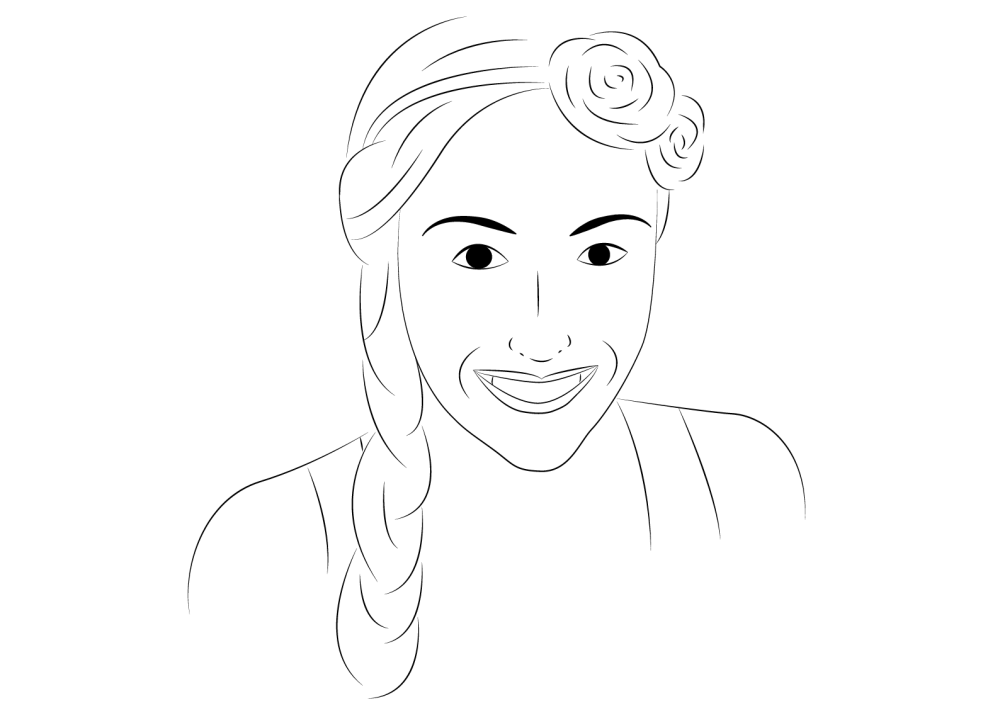When I was a little girl, Johnny Depp always mesmerized me. His 52nd birthday this June 9th, got me thinking of why he no longer has the same effect on me, even when I still appreciate his very particular dramatic talent; and the reason is because he’s been typecasted as the same eccentric character for a while now. Nevertheless, I think his capabilities are still worthy of praise. Given that talking about Depp without talking about Tim Burton is an impossible task, I’m going to start with the following: it is true that both of them have mutually worn out. Burton relies more and more on his trademarked visual style –always mesmerizing-, whilst leaving the plot unattended; Depp is the perfect enabler, given that his default acting approach for the type of characters that such movies require –which he always delivers- has gotten polished over time. It is undeniable that form and substance are the two sides of any rich film, and it is also a fact that both artists have accomplished together the symbiosis between both (a long time ago).
Edward Scissorhands (1990) brings Burton and Depp together for the first time and introduces the Burtonian hero in all his splendor. Physically, the main character stands out because of his pale skin, dark circles under his eyes, messy black hair, scars and scissors in place of hands. Next thing we know, we are witnessing how these obscure features transform into essentially touching attributes, thanks to Depp’s performing contribution in understanding and communicating the spirit held within Burton’s imagination (which previously establishes a solid character development). Therefore, the layout feels pure, honest and justified by the content.
In the beginning, Edward is a vulnerable creature, whose physical maladies and uneasiness are obvious and absolutely crushing. But his introversion is eventually overshadowed by his newfound potential, up to the point in which he’s completely capable of standing up for himself and protecting the girl he loves. Depp, very ingeniously, reflects this character arc as Edward becomes touched and affected by the suburban environment he’s in. Because, even though he loses a lot of his shyness, towards the end he still keeps that sort of selfworld essence, as a result of the overwhelming energy that his inner universe holds.
This delicacy with which the classic “hero’s journey” is handled is crucial because, in this kind of stories, the substance of the protagonist remains unchanged, and what happens is that it is nourished by all the new experiences and newly acquired knowledge, which in this case has a lot to do with the creative capacity faced up to the destructive one. While for some moments his desire to be normal is quite clear, Edward knows that –in the words of Peg, his adoptive mother- “no matter what, he will always be special”. This is something very valuable, because it also carries the message that the necessity to blend in is overrated.
And that’s how Tim Burton materializes the assertion that abnormalities are not of an evil nature. For this moviemaker, “unusual” is synonym of “amazing”. Depp gives life to the most Frankensteinian character of the Burtonian repertoire (besides Frankenweenie), allowing us to speak of a splendid “monster” who influences the people around him as well as those watching him on the screen.


